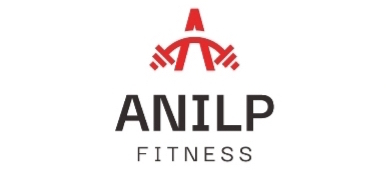The term Diet gets tossed around alot and has a negative connotation around it, so let’s define what the term “diet” means. A “diet” is simply defined as food that is regularly consumed on a habitual basis. So where does the negative connotation come from?
When someone says “I want to go on a diet”, they are planning to change their eating habits for a certain amount of time in order to achieve a specific goal, in most cases that goal is weight loss. Sounds fine right? But unfortunately, most people can’t seem to lose weight and if they do, they are unable to keep it off.
Research suggests that roughly 80% of people who shed a significant portion of their body weight will not maintain that degree of weight loss for 12 months; and in most cases, regain more than half of what they lose within two years.
The science behind weight loss has been available for decades now. In fact, William Banting, popularized one of the first weight loss diets in the 19th century.
So the question isn’t “How do I lose weight, ” but rather it should be “How can I keep the weight off?”
The biggest mistake I see people make is they make way too drastic changes that are not sustainable, eating bland tasteless food, trying to eat “clean”, and this may work for some people. But for 99% of people, this is not sustainable.
The problem with clean eating is that it creates a bad relationship with food, labeling foods as good or bad. The problem with this mindset is that there is no clear definition of what a “good food” or a “bad food” is. Yes, some foods have more nutritional value than others, but the type of food you eat is not a deciding factor for progression.
Now, what is flexible dieting? Whether your goal is to Bulk up or Cut down, it comes down to your overall caloric intake. Flexible dieting allows you to allow whatever foods you like (within reason, of course), as long as it fits into your daily macronutrient targets.
If you want to gain size, you need to eat more than you burn.
If you want to lose body fat, you need to burn more than you eat.
BENEFITS OF FLEXIBLE DIETING
● Less restrictive, helps with long term adherence
● No food is off limits
● Maintain your social life, It’s a lifestyle, not a fad
● Easy to follow


Recent Comments